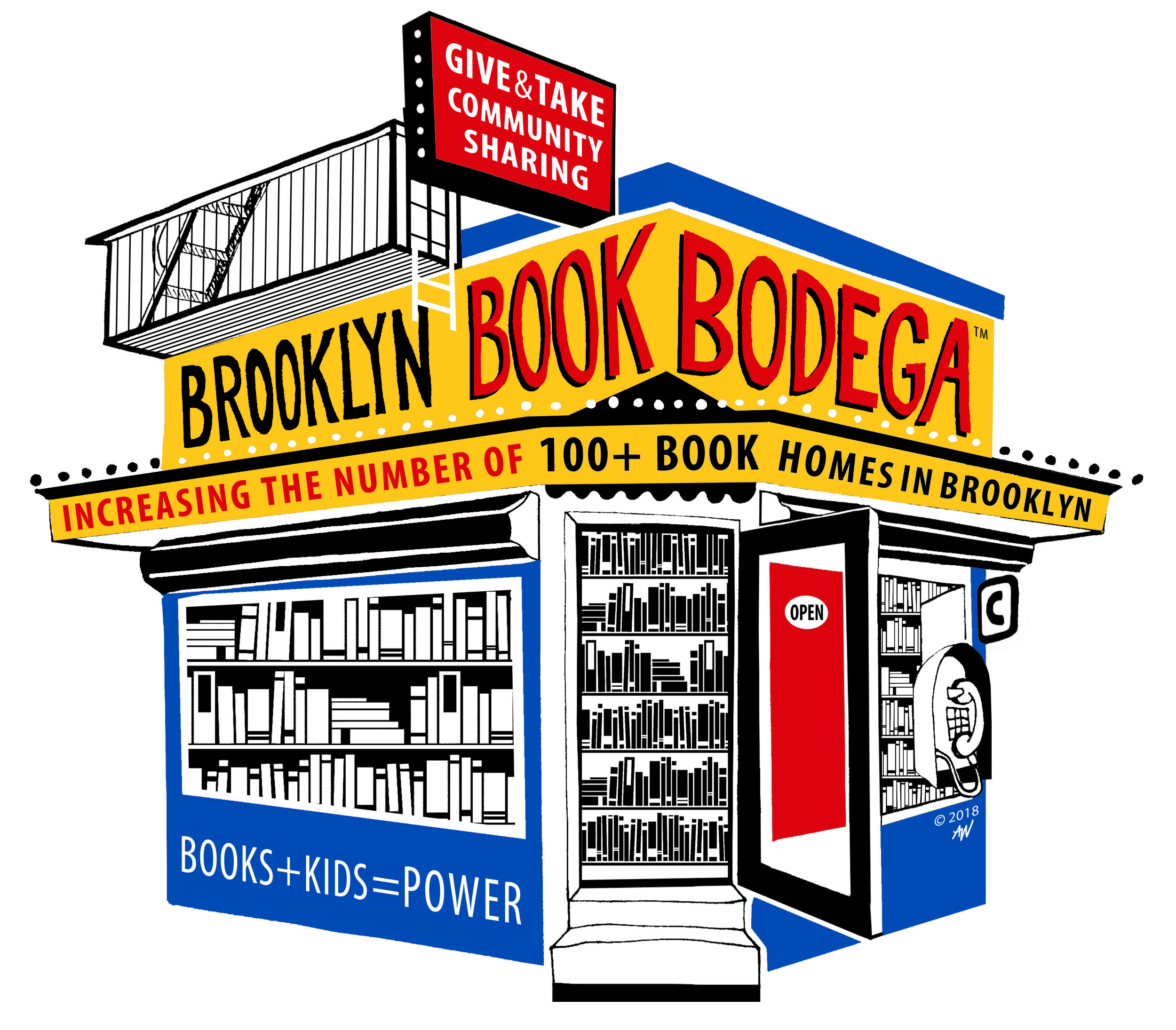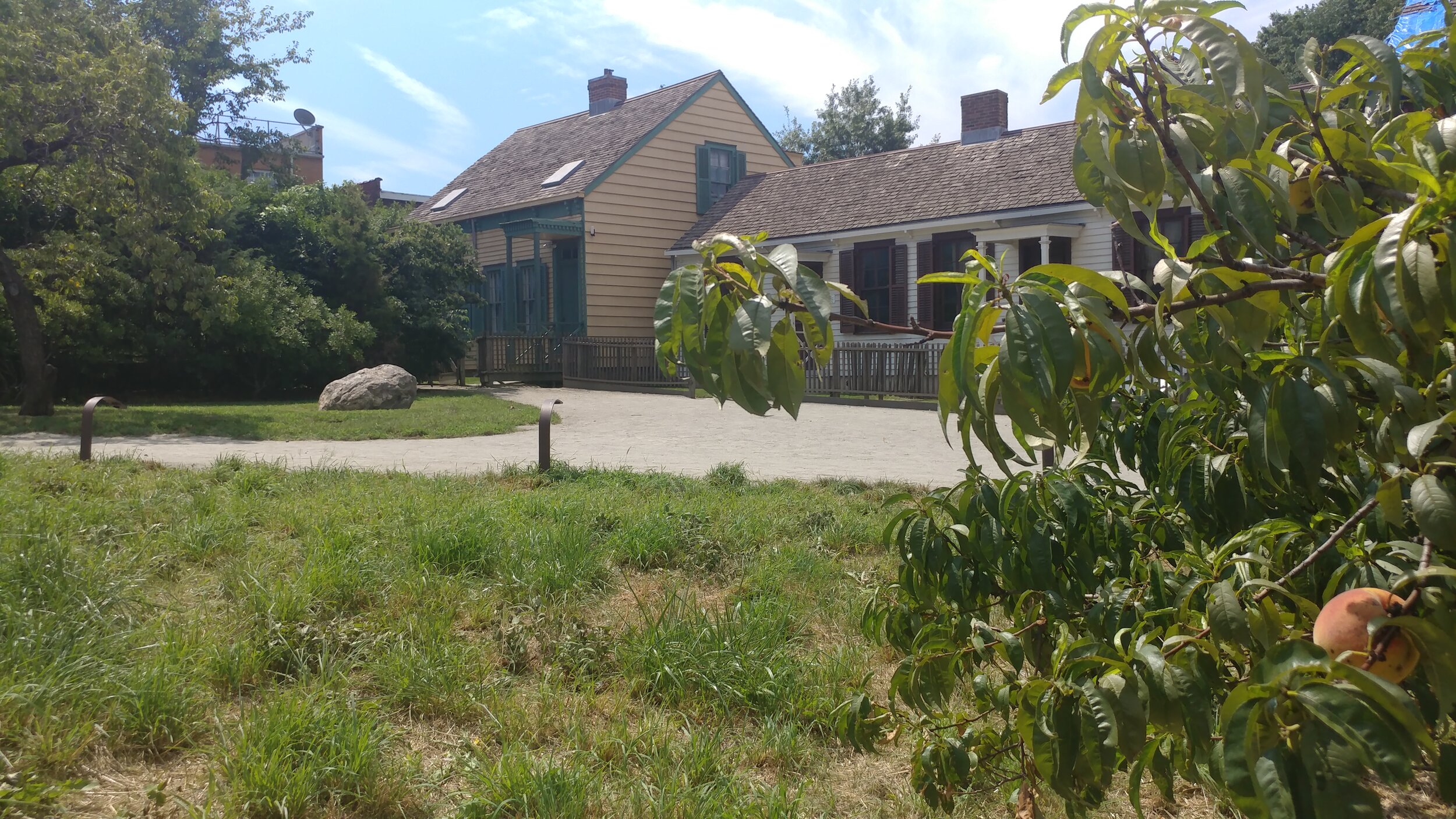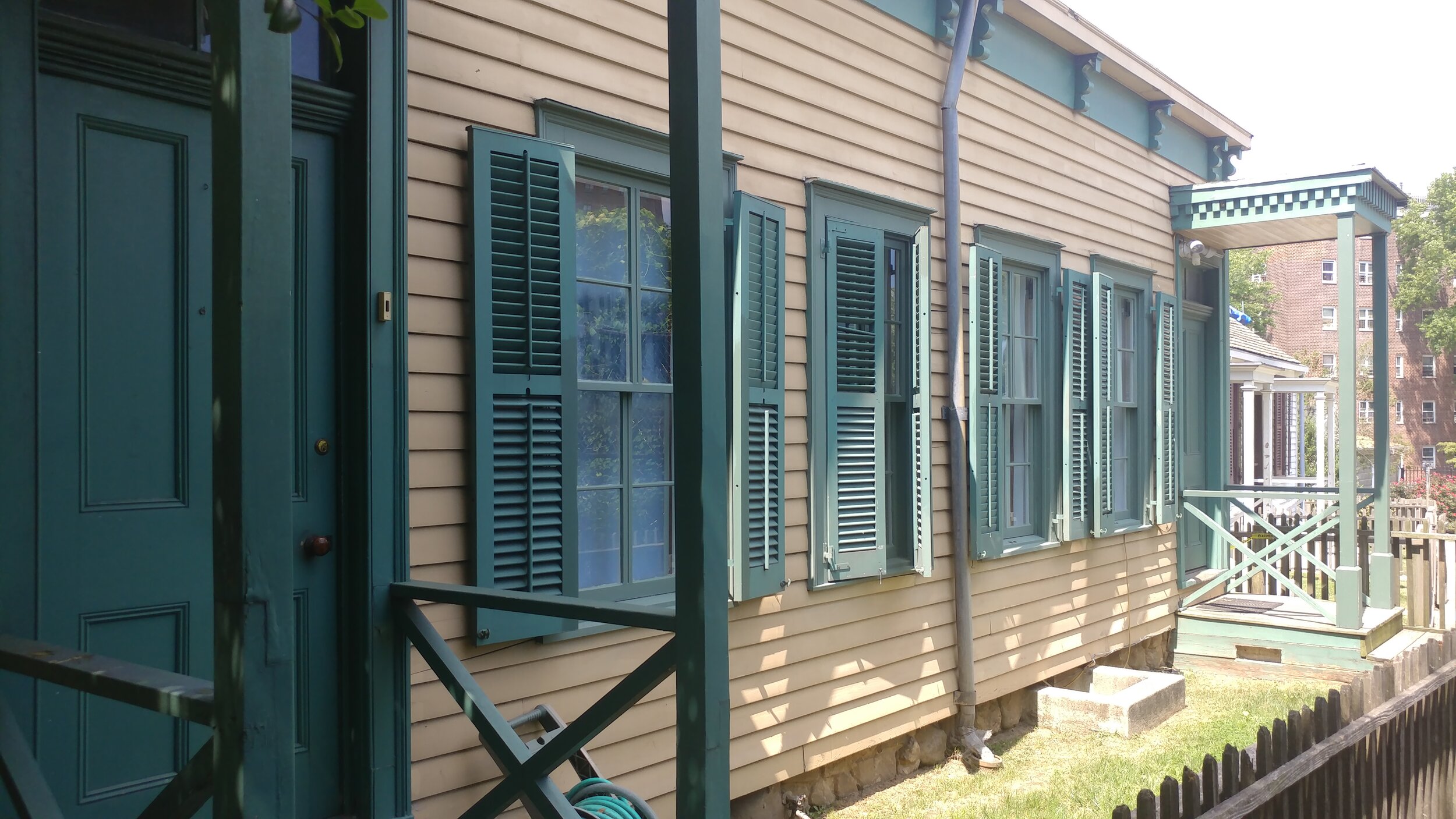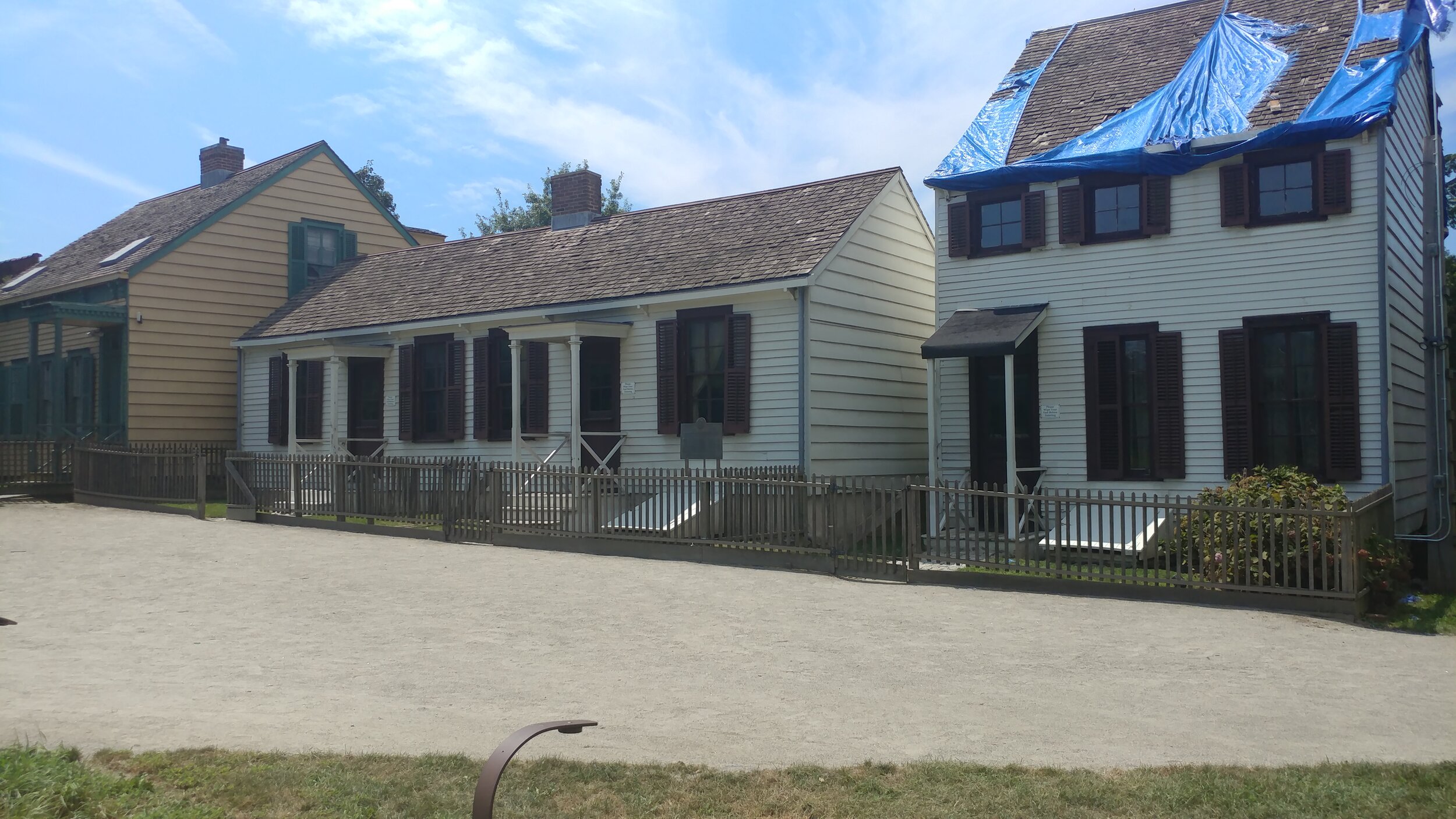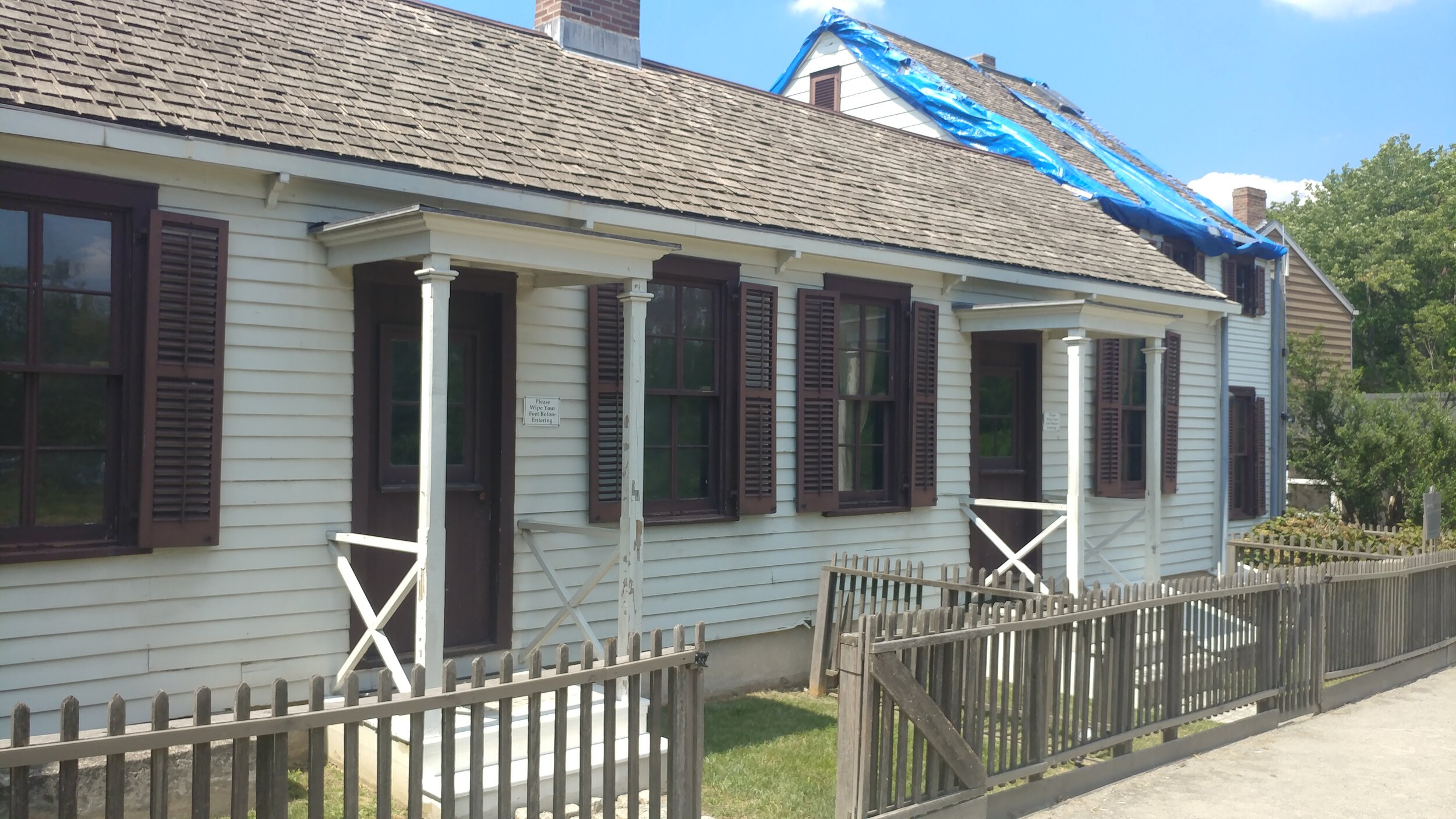Spotlight on Andrew Mapp: Community Member and Volunteer
By: Johanna Contreras
This month, we highlight a friend of Brooklyn Book Bodega (BBB), real estate agent, and volunteer extraordinaire, Andrew Mapp. Andrew has been a supporter of Brooklyn Book Bodega from its very first days, spreading the word and enticing community members to attend our first events. We had a rich conversation that spanned the history of Brooklyn, his father’s book Wednesdays at Weeksville, and why he volunteers for Brooklyn Book Bodega.
What’s your background and how did you get connected to the Brooklyn Book Bodega?
I met Seema in 2011, and since then, we’ve stayed in touch and become friends. When she, Rebecca, and Tamara were starting Brooklyn Book Bodega, she would tell me about what they were looking to do. A profound moment for me was when Seema told me about a woman she knew who was looking for a school for her daughter. Seema mentioned to the woman a strong school that she was aware of. A few months later, Seema ran into the woman who was emotional and told her that her daughter got into the school, and she felt that her family’s trajectory was changed. She told Seema, “...without your informing me about this program, I would never have found it and my daughter got in.” And, apparently, it’s a really strong program for kids.
And, it struck me...because in real estate we deal with gentrification. And, we deal with new people coming into old neighborhoods. And, one of the things that are missing, is the so-called “first world” of the people coming with the assets and income who are sometimes displacing the old; there’s no communication; there’s no connection. So, in Seema’s instance, I thought, How beautiful -- that’s how it should be. You should offer something. And, so I actually loved that moment. I thought it was the most perfect moment for gentrification, where both worlds collide, and something really great comes out of it.
So, that really gave me impetus. My father has a Ph.D. and wrote a book Wednesdays at Weeksville which is a children’s book, and my family is about literacy. So, as they told me what they were doing with BBB, I wanted to be part of it.
I heard you were very helpful in drumming up participation during the initial book giveaways at the Ingersoll Center. Can you tell us about that experience?
I’m kind of more sales-oriented or grassroots; I’ll put my foot out there. And, so, I really wanted to — as kids walked by or people walked by, I wanted to introduce them to BBB and be enthusiastic and be inspired by it. So, that was a lot of the stuff we were doing pre-COVID.
I recall my best, most exhilarating moment was when a young lady walked by and I said, “Hey, we’re giving away books,” and she said, ‘I don’t like books, I don’t like to read.’ I said, “Well, do you have a favorite group? Or I see that your hair looks very nice, you probably want to do grooming on your hair?” I said, “Why don’t you go up there and take a look?” And about an hour and a half later, she came down with seven or eight books in her hand, and she was smiling, and I said, “That’s what this should be about.”
It was significant because I think, oftentimes, in families where books aren’t there, children are scared of books. Or, they don’t understand the worlds that they take them to, or they don’t understand that you can learn about what you want to learn. And, I thought that was a profound moment for me. So those are my two BBB moments that really stick out in terms of the connection to the “other world,” and what Seema, Rebecca, and Tamara did in creating this connection to learning and literacy.
Can you tell us about your history in the community and the book that your father wrote?
I came to Brooklyn many years ago. I see Brooklyn coming out of ’50s, 60’s, 70’s on a downward trajectory. People had moved to the suburbs. I remember painting a brownstone that a family had bought for a dollar. The City had so many vacant buildings in the early 70’s that they just wanted you to pay taxes for them. So that’s why they sold brownstones for a dollar, but you had to do certain improvements. So that was Brooklyn on its downward slide…fast forward to 2014. The neighborhoods are built out. Barclays Center arrived. The Nets are dribbling the ball, and all these buildings that we’ve never seen before are popping up. And, so there’s a rush back to Brooklyn where in the ’70s, ’60s, and ’50s there was an exodus. Now in 2020, they are building galore in Downtown Brooklyn, it’s almost like Wall Street in the density. That transition is very real and very poignant. I’ve seen that, and it’s mind-blowing.
Wednesday at Weeksville is interesting because, in the ‘70s, I remember my father typing at his Smith-Corona…He always wanted to write this children’s book. He’s a historian and he wanted to tie in the first black community in the 1800s into a story. I remember him writing it and naming a character Andrew…He intertwined his real life with this narrative. I remember it was put down and then my father finished his Ph.D. and went on to write several other books.
My father actually collected black film posters from the 1920s. Early “race films,” were black-owned, black-produced, black actors because everything was segregated at the time. He wrote about that and collected that type of material and then later went back to the book and it got published. And Wednesday at Weeksville really was birthed in the ’70s even though it was “delivered” in 2011 or sometime around there. So it had a really lifelong trajectory, for me, having seen it as a teenager, and now seeing it come to fruition as an adult.
How special to come from a family that is so steeped in literacy. What do books symbolize to you, and why is it important to get books in the hands of kids?
I met a client yesterday and saw a woman who was selling a bunch of books to the bookstore. And I look down and I see The Making of Casablanca. I have a Master’s in Theater, but more importantly, I think that’s one of the best-made films. And I said, “Wow, I gotta read this, how much are you selling this for?” She said “$6,” and I said, “Here’s $6, I’ll take the book.”
That’s books — an entree into a world that someone’s thought about, someone has defined, someone has coalesced into an understanding. I suspect that the origin of how humans got together was storytelling — everyone gets together at night, the fire’s on, and there was a hunting trip that day, and someone’s going to tell the story of that hunting trip — what happened, how the animal came out, and who was the hero, and who almost got mauled — and that was storytelling, without books. Storytelling has always been critical to humanity. And, so books come along and get published, and so, that’s our storytelling. So, that’s the importance of books, it’s literally storytelling and information-conveying. And, in 2020, it’s facts.
Do you have any advice for Seema and Rebecca moving forward?
They don’t need any. They’re going to do it. That’s really profound to see. Seema is a ball of energy that just flows through the universe. Rebecca is so thoughtful and pensive and tactical. And these two energies coalesce, and they can do anything. And, so there’s nothing I can tell them that they don’t know or they won’t figure out. I’m just glad to be part of it and add my little touch.
I remember they had an event planned the weekend before everything shut down for COVID. And, I was just thinking like — that’s who’s running BBB. They were like, “We gotta get this done, we got books, we gotta do it!” Even within it, weeks later, Seema’s going out and grabbing books, organizing the Navy Yard, and I’m like, “Wow that’s profound.”
So, now that they’re back, I am going to be part of it. Literally in my business, as a real estate agent, I’m doing a showing, and a guy says, oh you and BBB… he knew the connection. And, he said he had books to donate and raised $100. It’s powerful. I think literacy and children — there’s no one that can say, “That’s not good.” But Rebecca and Seema have two different energies that complement each other so beautifully that they must succeed.
--
Thank you very much, Andrew, for taking the time to speak with us and for all your contributions to the Brooklyn Book Bodega. To hear Andrew read his father’s book, Wednesday at Weekville, check out this link.
